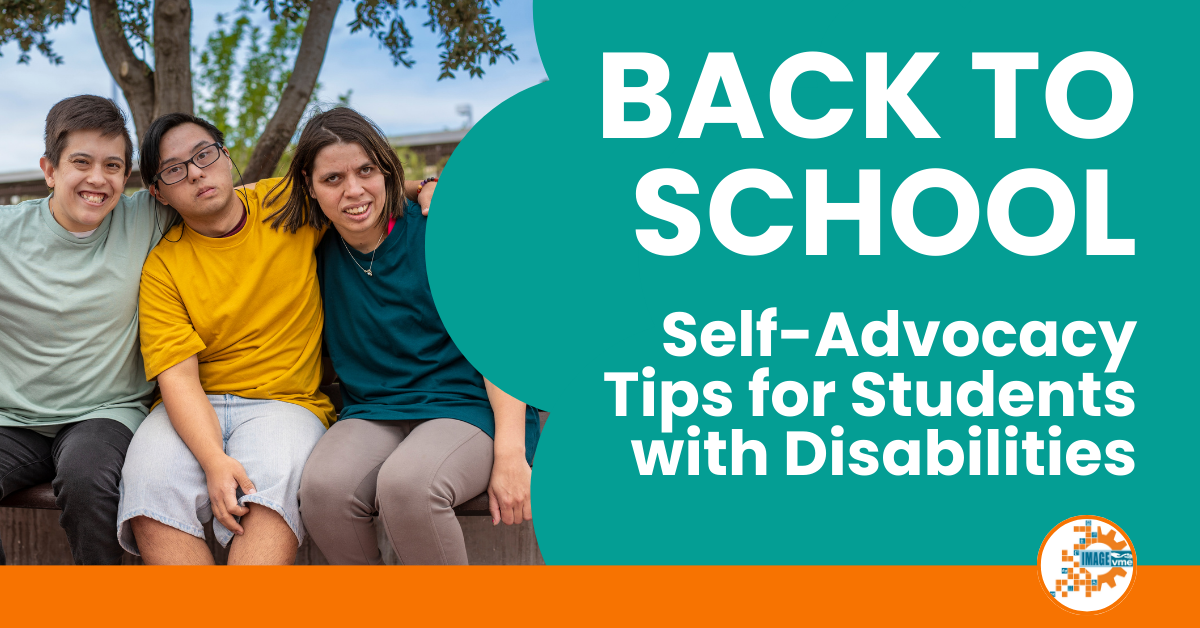Heading back to school can be exciting, stressful, or a mix of both. For students with disabilities, one of the most powerful tools you can carry with you isn’t in your backpack—it’s self-advocacy. Self-advocacy means knowing your needs, speaking up for yourself, and making sure your voice is heard. Here are a few tips to help you start the school year with confidence.
1. Know Your Rights and Supports
Every student has the right to learn in an environment that works for them. If you have an IEP or 504 Plan, take time to review it before the first day of school. Know what accommodations you’re entitled to, whether that’s extended test time, assistive technology, or support services. When you understand your plan, it’s easier to speak up if something isn’t being followed.
2. Practice Speaking Up
It can feel uncomfortable to ask for help, but your voice matters. Start small—practice asking your teacher for clarification if you don’t understand directions. Use clear and polite language, like:
- “I need a little more time on this assignment, can I use my extended time?”
- “Could you repeat the instructions another way?”
The more you practice, the easier it gets.
3. Build Relationships with Teachers
Introduce yourself to your teachers early in the year. You don’t have to share everything about your disability if you’re not comfortable, but letting them know what helps you succeed can go a long way. For example, you could say, “I sometimes need instructions in writing as well as spoken—could you please provide both?”
4. Know Your Strengths
Self-advocacy isn’t just about asking for help—it’s also about recognizing what you do well. Maybe you’re a great problem-solver, a creative thinker, or you bring strong teamwork skills. Knowing your strengths helps you approach challenges with confidence.
5. Connect with Peers
School feels easier when you know you’re not alone. Find friends or classmates who support and encourage you. You can also connect with other students with disabilities through clubs, youth groups, or online communities.
6. Don’t Be Afraid to Ask for Support
Remember: asking for help isn’t a weakness, it’s a strength. If something isn’t working, talk to your teacher, guidance counselor, or parent. Sometimes small changes can make a big difference in your success at school.
Final Thought
Self-advocacy is a skill that takes time to build, and nobody gets it perfect right away. The important thing is to keep practicing, keep speaking up, and keep believing that your needs are valid. This school year, make your voice your most important school supply.

